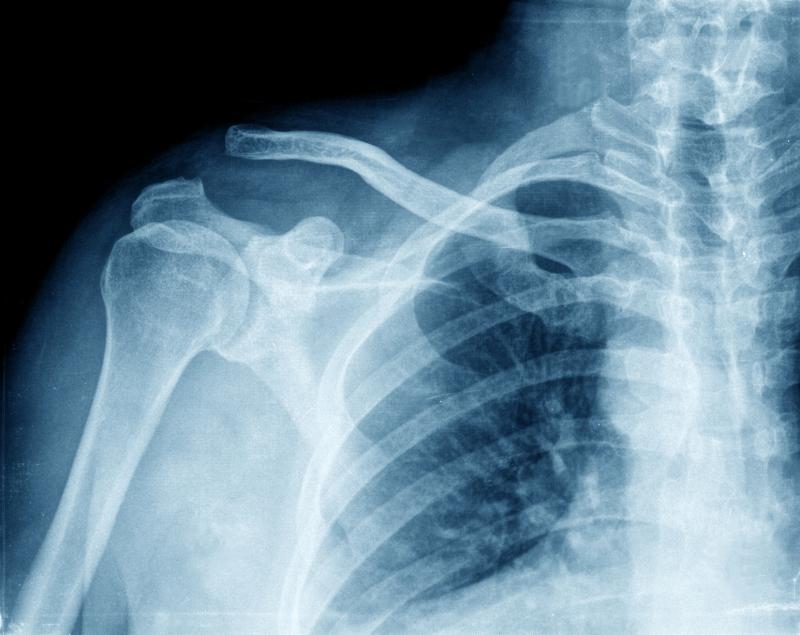
Nonsteroidal anti-inflammatory drugs (NSAIDs) do not appear to hinder rotator cuff repair, according to a new Singapore study.
“We recommend that while surgeons must be cognizant of the potential side effects of NSAIDs, their use as a good modality of postoperative pain relief need not be precluded in patients after rotator cuff repair,” said researchers.
Of the 36 patients who needed rotator cuff repair, 23 received an NSAID regimen shorter than 2 weeks, six underwent NSAID medication for longer, and seven were prescribed opioid derivatives. Demographic characteristics, as well as preoperative clinical scores, were comparable across the three treatment groups. [J Orthop 2019;17:113-115]
After at least 2 years of follow-up, all patients showed significant improvements in scores in the simple shoulder test (SST) and the UCLA shoulder rating scale. Similar positive changes were reported for abduction strength and abduction range of motion.
The treatment received did not seem to affect the degree of rotator cuff repair. For instance, those who received <2 weeks of NSAIDs saw SST scores jump from 1.0±1.4 at baseline to 9.8±2.6. In comparison, SST increased from 1.3±1.8 at baseline to 10.3±4.0 after surgery in patients with >2 weeks of NSAIDs, and from 0.6±1.1 at baseline to 11±1.0 in the opioid-derivative group.
The corresponding change values were 8.8±2.6, 9.0±3.8 and 10.4±1.5 and were statistically comparable with each other (p=0.366). The same was true for all the other outcome measures employed (UCLA shoulder rating scale: p=0.545; postoperative abduction strength: p=0.660; postoperative abduction range of motion: p=0.149).
Notably, all enrolled participants met the minimally clinical important difference criterion for both SST and the shoulder rating scale.
At an average of 4.4 years after surgery, two patients developed retears of the rotator cuff, diagnosed through magnetic resonance imaging. One had received the longer NSAID regimen, while the other had initially been treated with opioid derivatives.
“Our study aim[ed] to investigate if the use of postoperative NSAIDs in rotator cuff repairs would affect clinical outcomes, and we found that neither the use nor duration of use of NSAIDs affected outcomes,” the researchers said.
“In our study, the use of postoperative NSAIDs did not result in poorer clinical outcomes, and NSAIDs’ use exceeding 2 weeks did not seem to have a detrimental effect on clinical outcomes either,” they added. This agreed with a number of published studies, but current literature on the subject is sparse.
Moreover, several important methodological limitations exist and should be taken note of. The retrospective design of the study, for instance, carries an inherent risk of selection bias. Relying on registries for data also limits the ability to more completely capture the patients’ circumstances and clinical characteristics, the researchers said.